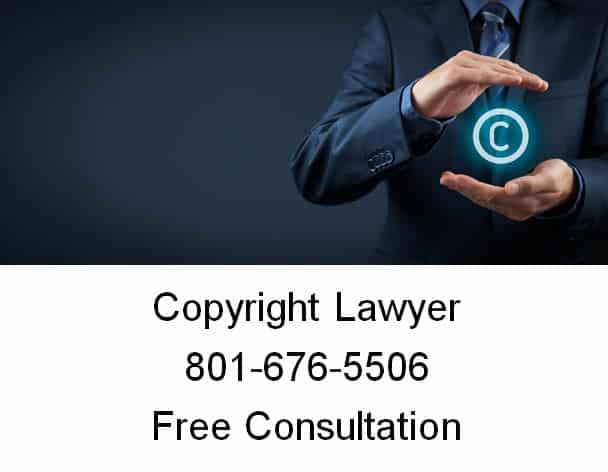Original, creative works that are fixed in a tangible form are protected under Title 17 of the U.S. Code protects. The medium of expression can include paper, canvas, or audio or video tape. Copyright protects original forms of expression, including works in literature, film, art, music, sculpture, choreography, architecture, and software programs. A copyright holder has the right to distribute, reproduce, display, make derivatives, or perform the work in public. A copyright owner may seek enforcement of this right if violated by an infringer.
Who is the owner of a copyright?
The owner of a copyright is the individual or the individuals that created the work. However, the following circumstances change ownership:
- The copyright was sold to another person or a company.
- The work was “made for hire.”
- An independent contractor was hired to create the work.
How long does copyright protection last?
Copyright protection begins the moment the creation of an original work occurs in a tangible form. For works published after 1977, protection applies for the following term:
- For 70 years after the death of the author
- For 70 years after the death of the last surviving author of a joint work
- For 95 years from the date of publication or 120 years from creation if the work was made for hire by an employee or an independent contractor
Do I need to register my work with the U.S. Copyright Office?
Although it is unnecessary to register a work with the U.S. Copyright Office for protection to apply, a timely registration enhances an owner’s legal remedies. Under the Copyright Act, an owner of a published work can collect up to $150,000 in statutory damages and may be entitled to attorney fees for the enforcement action if the registration of the published work occurred within three months after the first publication date or before the infringement occurs. An owner of an unpublished work is entitled to the same remedies if the registration of the work occurs before the infringement.
How do I register a copyrightable work?
An applicant can register a basic copyright claim with the U.S. Copyright Office through the mail or online. Basic claims include literary works, visual arts works, performing arts works, sound recordings, and single serials
Is a copyright notice required for protection and enforcement?
Works published prior to March 1, 1989 were required to contain a valid copyright notice to receive protection. Under current copyright law this is unnecessary, but notice does increase the likelihood of a claimant winning a copyright infringement lawsuit and makes it easier for others to ascertain the owner. A valid copyright notice should include the word “copyright,” the symbol ©, the date of publication, and the author or owner of the work.
Someone has infringed on my copyright. How do I enforce my legal rights?
The owner of a copyright can file a copyright enforcement lawsuit against the infringer in federal court. If successful, the owner may be entitled to a restraining order or injunction to stop the infringement, monetary damages, and attorney fees.
A copyright infringer can create a legal defense by claiming the following:
- The doctrine of fair use applies;
- The statute of limitations prevents the lawsuit;
- The infringer obtained a license from the owner;
- The infringer was unaware of the copyright status of the work (innocent infringer);
- The infringer did not rely on the copyrighted work.
What international laws protect copyright?
Copyright protection for original, creative works enjoy worldwide protection through international treaties. The Berne Convention applies to nationals of member countries. The treaty affords automatic protection to authors for their life plus 50 years. GATT (General Agreement on Tariffs and Trade) also provides copyright protection to the authors of member countries.
Free Consultation with a Utah Trademark Lawyer
If you are here, you probably have a trademark issue you need help with, call Ascent Law for your free intellectual property law consultation (801) 676-5506. We want to help you.
8833 S. Redwood Road, Suite C
West Jordan, Utah
84088 United States
Telephone: (801) 676-5506
Recent Posts
Can Stepparents Adopt Their Stepchildren
Will Your Contract Be Enforced Under Utah law?
What are the grounds for divorce in Utah?
from Michael Anderson https://www.ascentlawfirm.com/copyright-enforcement/



No comments:
Post a Comment